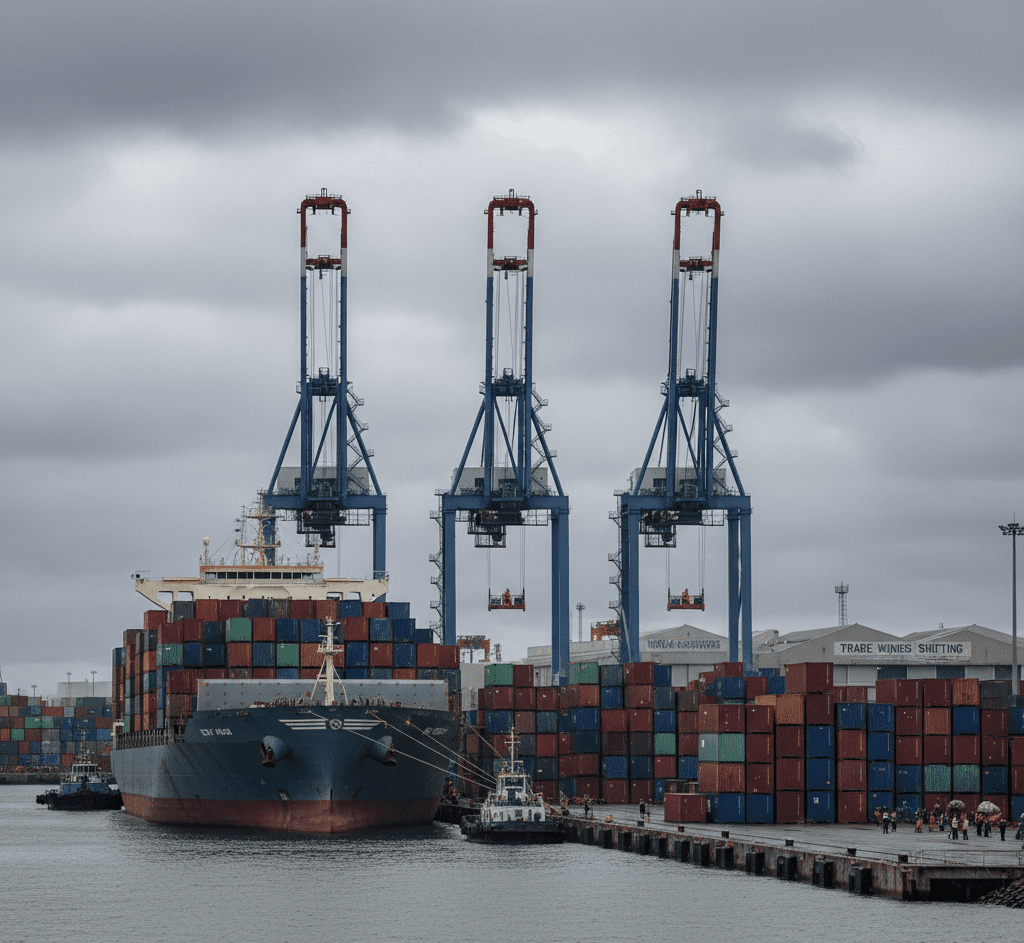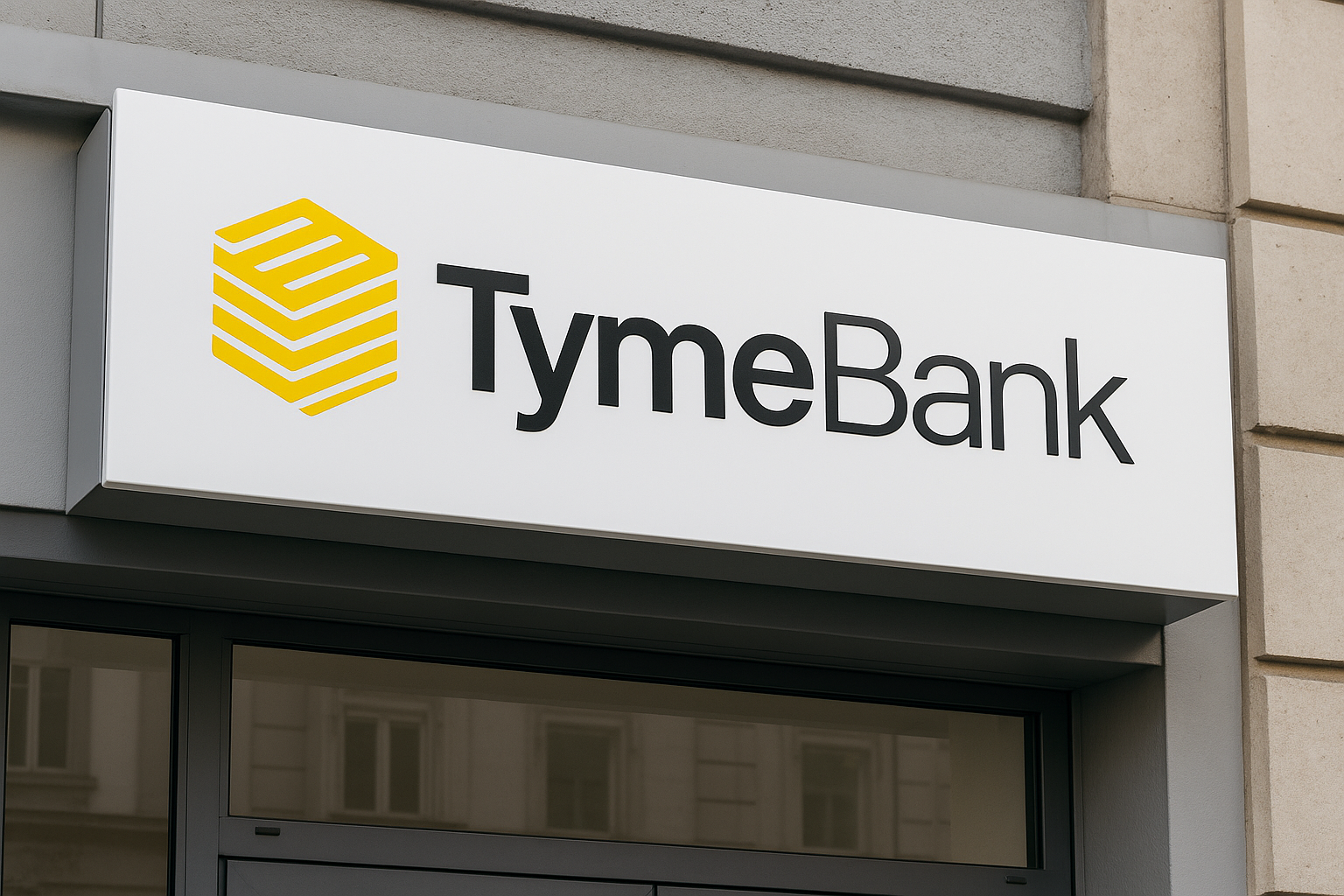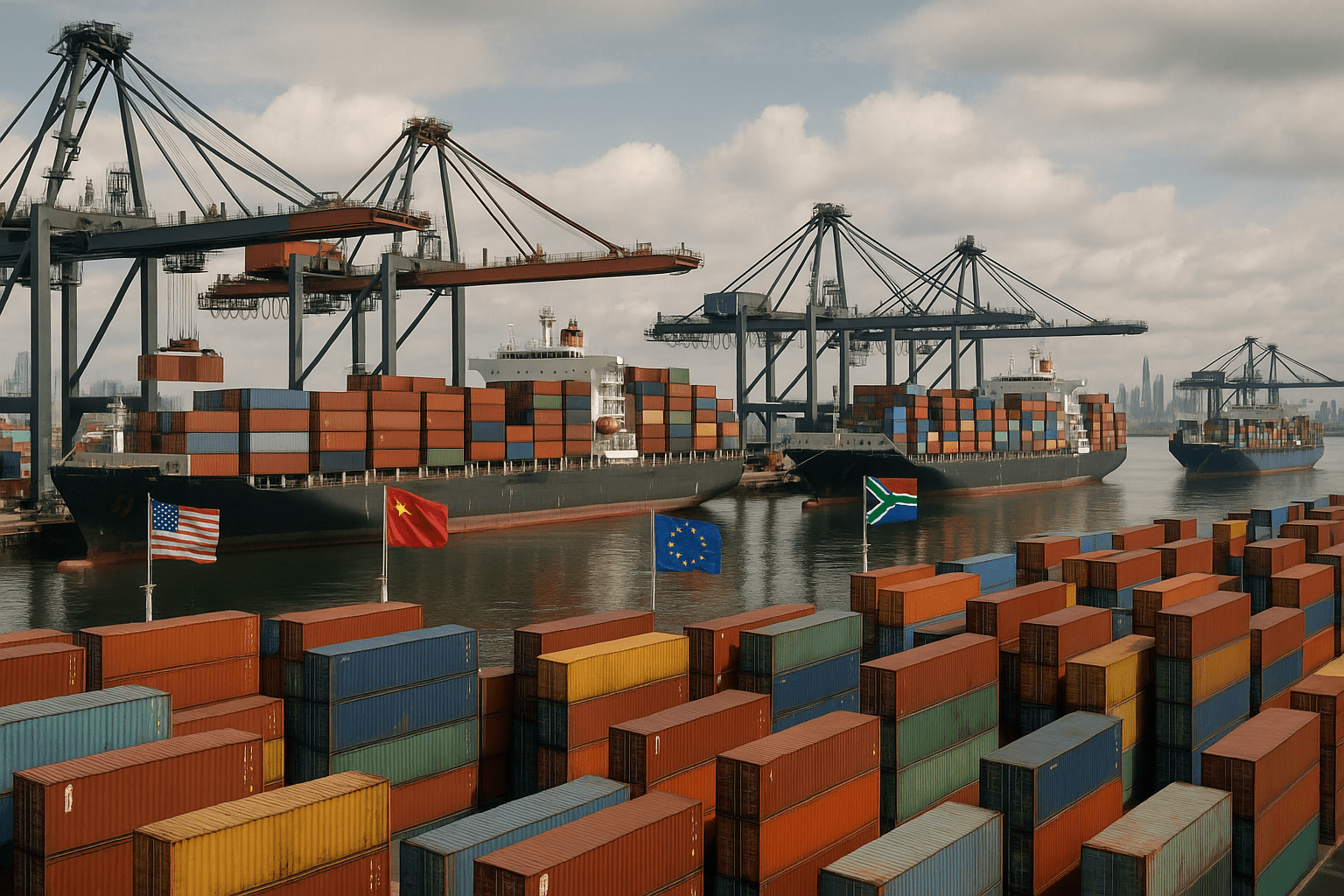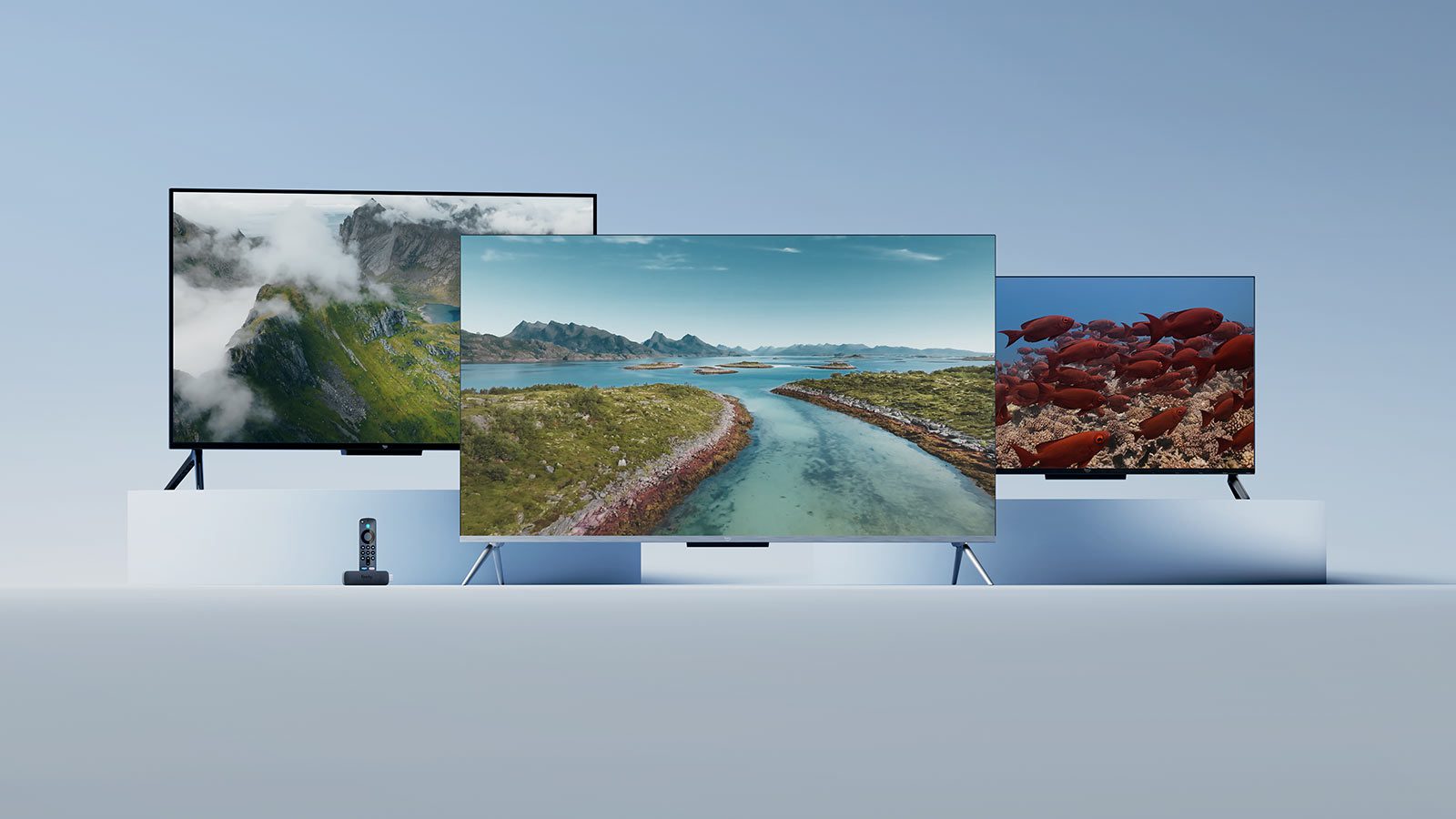Checkers Xpress Smart Trolley: South Africa’s First Step Into Queue-Free Shopping
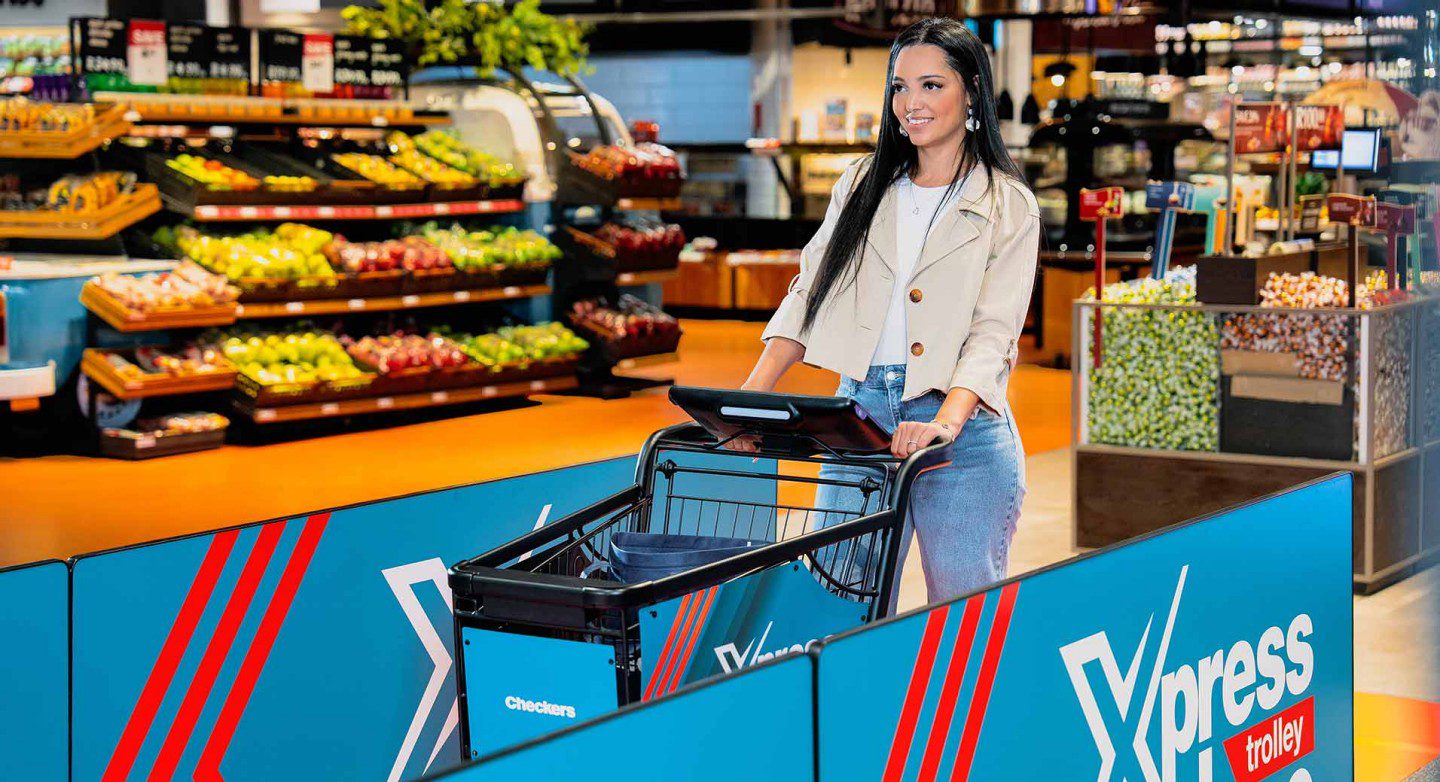
Checkers Xpress Smart Trolley: South Africa’s First Step Into Queue-Free Shopping Image credit: Shoprite group
South Africans are no strangers to long supermarket queues, especially on payday weekends. Now, Checkers has unveiled the Xpress Smart Trolley, a first-of-its-kind shopping cart in South Africa designed to eliminate checkout frustration. The pilot rollout at Checkers Hyper Brackenfell and Checkers Constantia is making waves in the retail and tech community, positioning the Shoprite Group as a leader in retail innovation and digital convenience.
But what exactly is the smart trolley, how does it work, and why does it matter for South African shoppers and businesses? Let’s break it down.
How the Checkers Smart Trolley Works
The Xpress Smart Trolley is designed to put shoppers in control of their in-store experience. Here’s how it operates step by step:
- Sign in with your Xtra Savings card: Shoppers scan their loyalty card on the trolley’s built-in touchscreen.
- Bag-as-you-go: Reusable shopping bags are placed directly inside the trolley.
- Scan and drop: Items are scanned using the in-trolley scanner before being placed into bags.
- Live updates: The screen displays a running total, product details, and personalised discounts.
- Find products faster: Integrated in-store navigation directs you to the right aisles.
- Pay from the trolley: Shoppers check out directly on the trolley using their linked Sixty60 profile and bank card.
- Skip the queues: A printed slip is generated at a dedicated exit lane—no traditional checkout required.
This process transforms shopping into a frictionless, self-managed journey, reducing wasted time while giving customers more control.
Why the Xpress Trolley Matters for South Africa
South Africa’s retail sector is highly competitive, with Pick n Pay, Woolworths, and Spar all chasing the same middle-class consumer. Checkers has consistently differentiated itself with innovations like Sixty60 grocery delivery and now the Xpress Smart Trolley.
The trolley matters because it directly addresses three key pain points in South African retail:
- Queue fatigue: Cashier bottlenecks are a major frustration for shoppers.
- Budget-conscious shopping: Real-time price tracking helps families manage tight grocery budgets.
- Personalisation: Promotions tied to the Xtra Savings programme deliver immediate value.
In a country where time and money are often in short supply, this technology could become a game changer.
The Technology Behind It
The trolley integrates hardware and software into a sleek system:
- Touchscreen interface powered by Checkers’ retail tech stack.
- Barcode scanner for seamless item entry.
- Digital payment gateway linked to Sixty60 profiles.
- Navigation algorithm to guide shoppers around the store.
Although the system is currently in pilot mode with only 20 units across two stores, it’s clear that the underlying goal is scalability. If successful, the trolleys could roll out to more Checkers outlets nationwide.
The Business Impact for Checkers and Shoprite Group
The Checkers Xpress Smart Trolley isn’t just about consumer convenience—it also has major business implications:
- Operational efficiency: Reduces strain on cashiers and checkout counters.
- Loyalty growth: Deeper integration with the Xtra Savings card encourages repeat usage.
- Data collection: Every scanned item provides real-time insights into consumer behaviour.
- Sixty60 integration: Faster, more accurate picking for online orders.
By combining physical retail with digital systems, Shoprite Group is strengthening its position as the most technologically advanced grocer in South Africa.
Competitors: How Does Checkers Compare?
Globally, similar technologies exist. Amazon pioneered the “Just Walk Out” store, and Carrefour in Europe has tested smart carts. In South Africa, however, this is the first time such innovation has reached the mainstream supermarket floor.
- Pick n Pay: Still focused on smart self-checkout tills.
- Woolworths: Strong in online shopping but hasn’t piloted smart carts.
- Spar: Limited investment in retail tech to date.
By launching first, Checkers has given itself a clear competitive advantage—particularly appealing to younger, tech-savvy, middle-class shoppers.
Challenges and Considerations
Of course, innovation comes with hurdles:
- Cost of rollout: Scaling trolleys nationwide will be expensive.
- User adoption: Older shoppers may resist the shift away from traditional tills.
- Technical reliability: Hardware failures could frustrate customers.
- Theft prevention: Ensuring security and preventing misuse is critical.
If Checkers can balance these challenges, it may set the standard for future retail automation in South Africa.
What This Means for the Future of Shopping
The smart trolley fits into a bigger trend: the rise of cashless, data-driven retail. For South Africans, this could mean:
- Fewer queues at busy supermarkets.
- More tailored promotions based on shopping habits.
- A hybrid shopping experience, merging online convenience with in-store immediacy.
With the increasing adoption of mobile payments, loyalty programmes, and online delivery, the Checkers Xpress Smart Trolley represents a step toward a fully omnichannel retail future.
The Checkers Xpress Smart Trolley is more than a flashy gimmick—it’s a sign of how technology is reshaping South African retail. By fusing convenience, personalisation, and efficiency, Checkers is betting that the future of grocery shopping lies in queue-free, tech-driven experiences.
If successful, the smart trolley could redefine what South Africans expect from a supermarket—and force competitors to catch up.
For now, shoppers in Brackenfell and Constantia are the first to test it. The rest of us might not have to wait too long before pushing a trolley that thinks smarter than we do.

